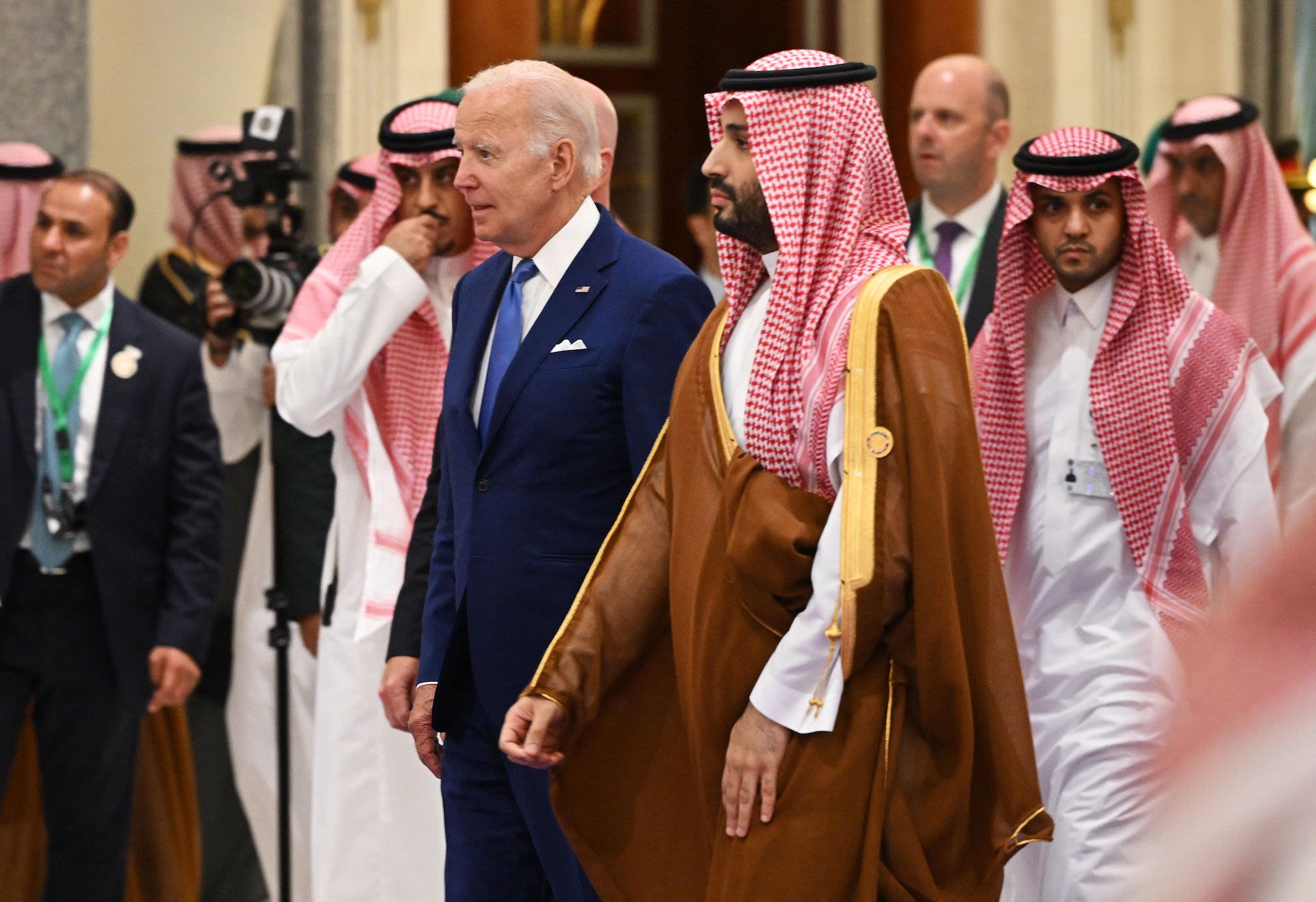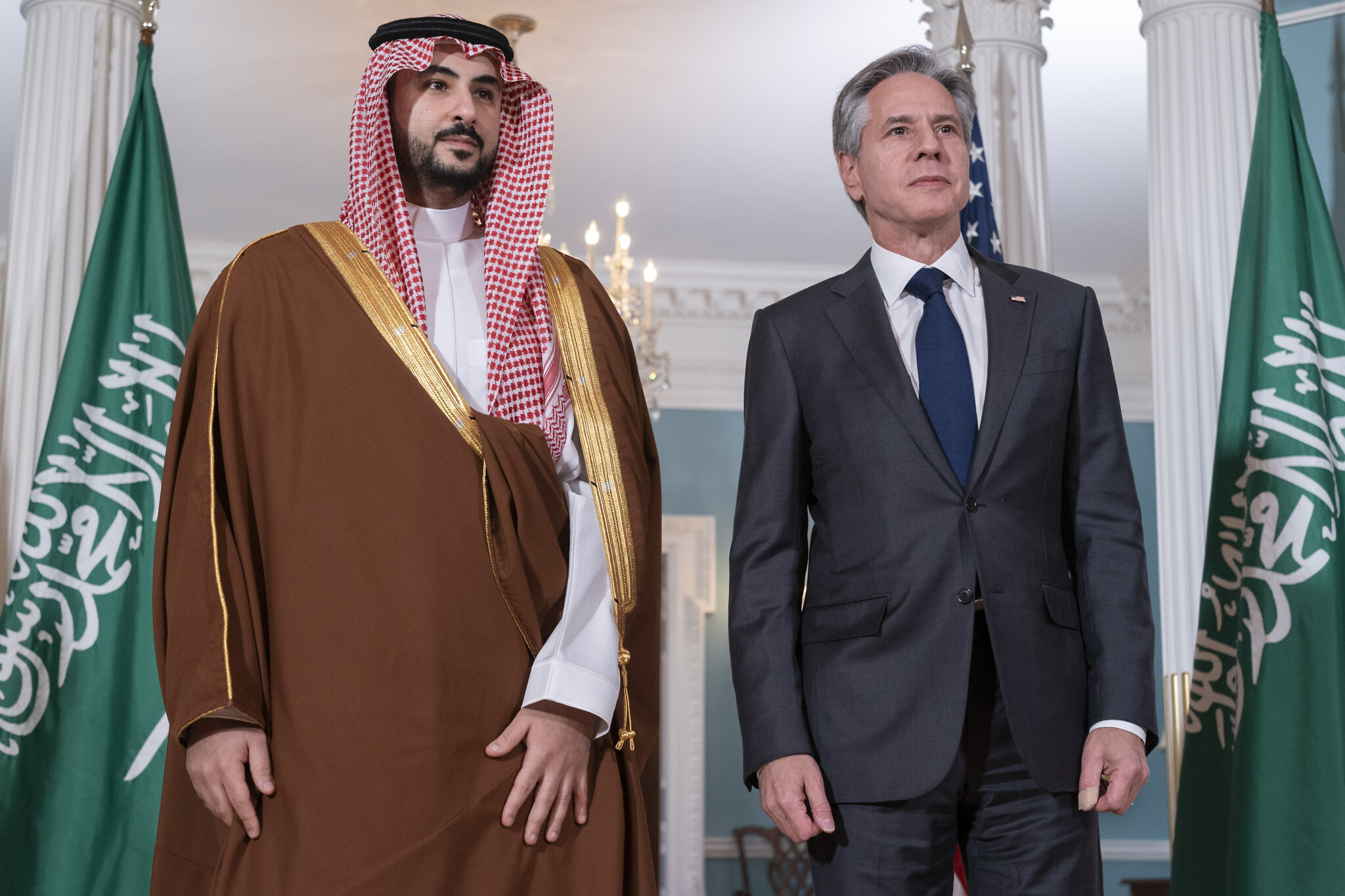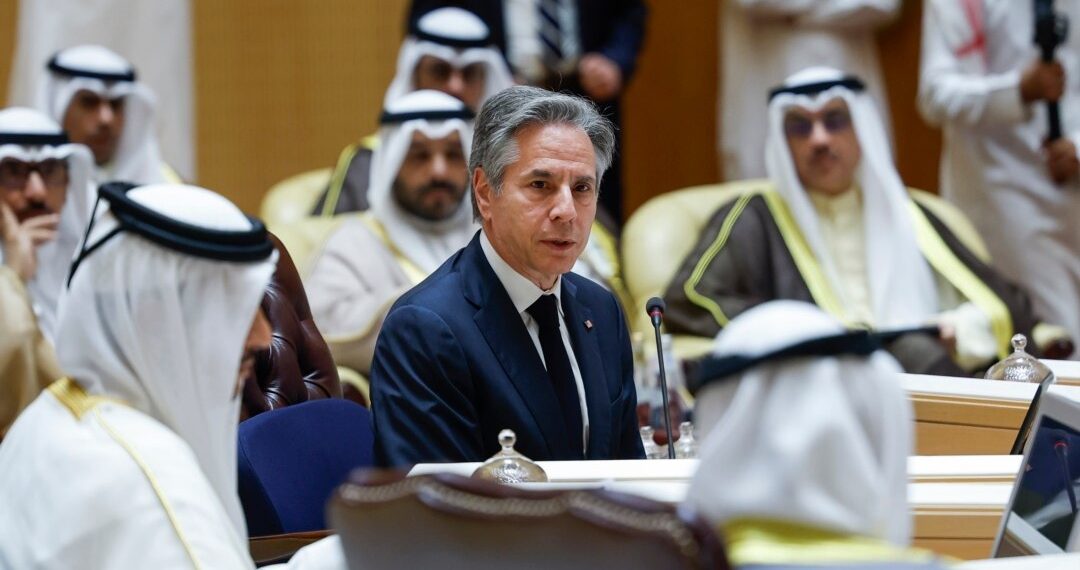The Biden administration and Saudi Arabia are on the brink of finalizing a security agreement, along with civilian nuclear assistance, despite hurdles in achieving an envisioned Israel-Saudi normalization pact as part of a larger Middle East strategy.
A preliminary document aims to revive a U.S.-led initiative to reshape the volatile region, which was disrupted by Hamas’ attack on Israel and the ensuing Gaza conflict.
Negotiators from both sides prioritize a bilateral security deal, which is seen as a significant step towards broader stability in the Middle East.

While progress has been made, challenges remain, particularly regarding the Israel-Saudi normalization deal.
Saudi Arabia seeks U.S. defense guarantees as part of the agreement, which would also involve restricting Chinese arms purchases and investment in the kingdom.
Emerging technologies, including artificial intelligence, are expected to be shared with Riyadh as part of the security pact.
Despite the progress in negotiations, the Biden administration faces domestic and international scrutiny. In Congress, any proposed deal with Saudi Arabia is likely to face opposition due to concerns over the kingdom’s human rights record and its involvement in Yemen.
With the right agreement in place, there is a possibility of gaining bipartisan support, especially if Israel’s government is on board.

The administration remains committed to its broader strategy, linking the U.S.-Saudi security pact, potential Israel-Saudi normalization, and a pathway to Palestinian statehood.
However, the timeline for implementing these measures is uncertain, especially as the U.S. presidential election campaign intensifies.
Despite the challenges, the Biden administration continues to address complex geopolitics in the Middle East to promote regional stability and security.





